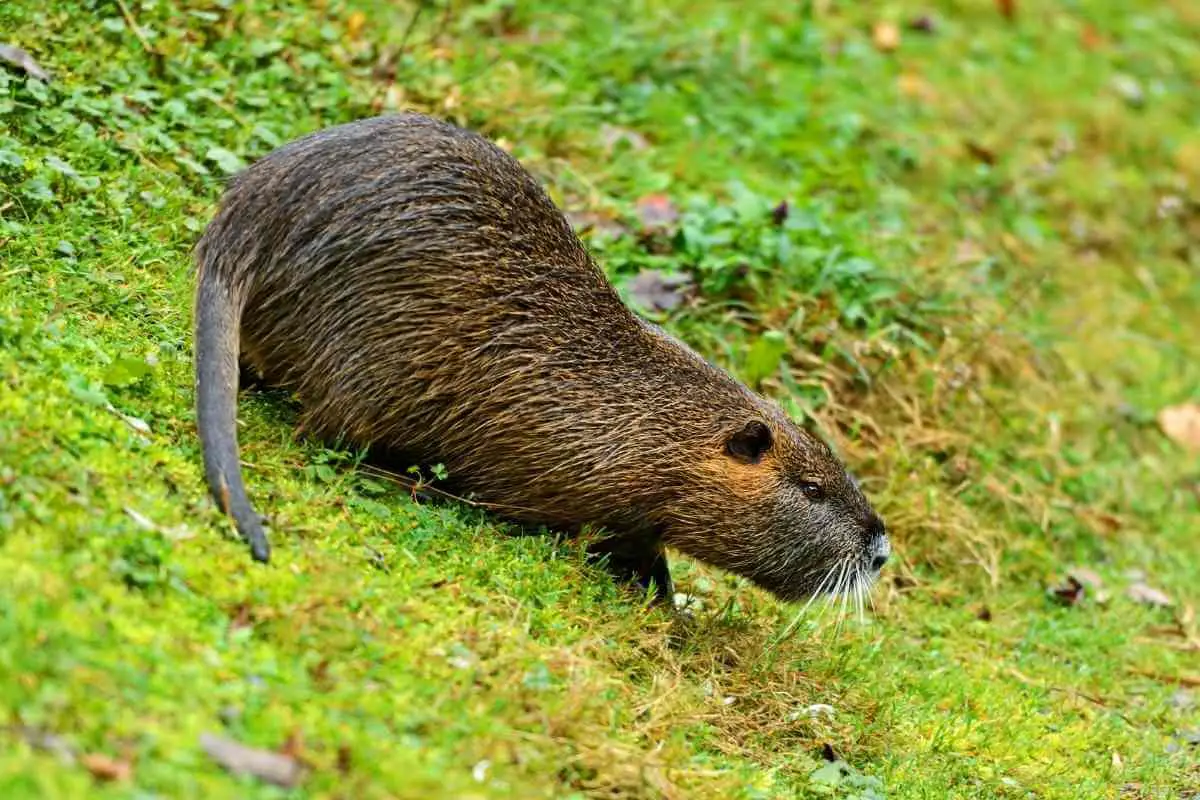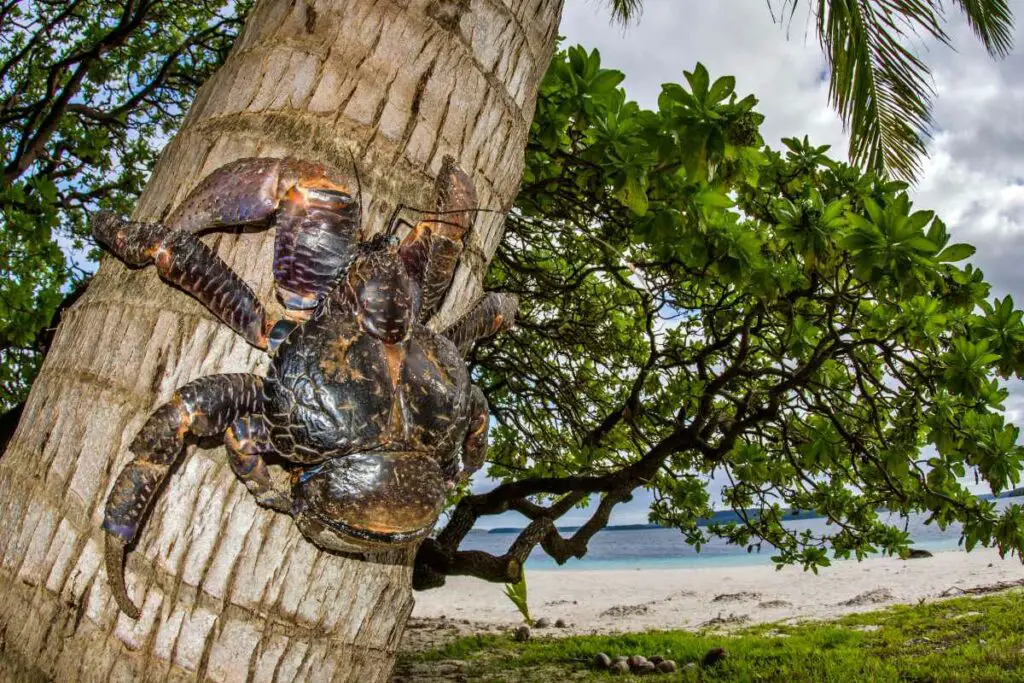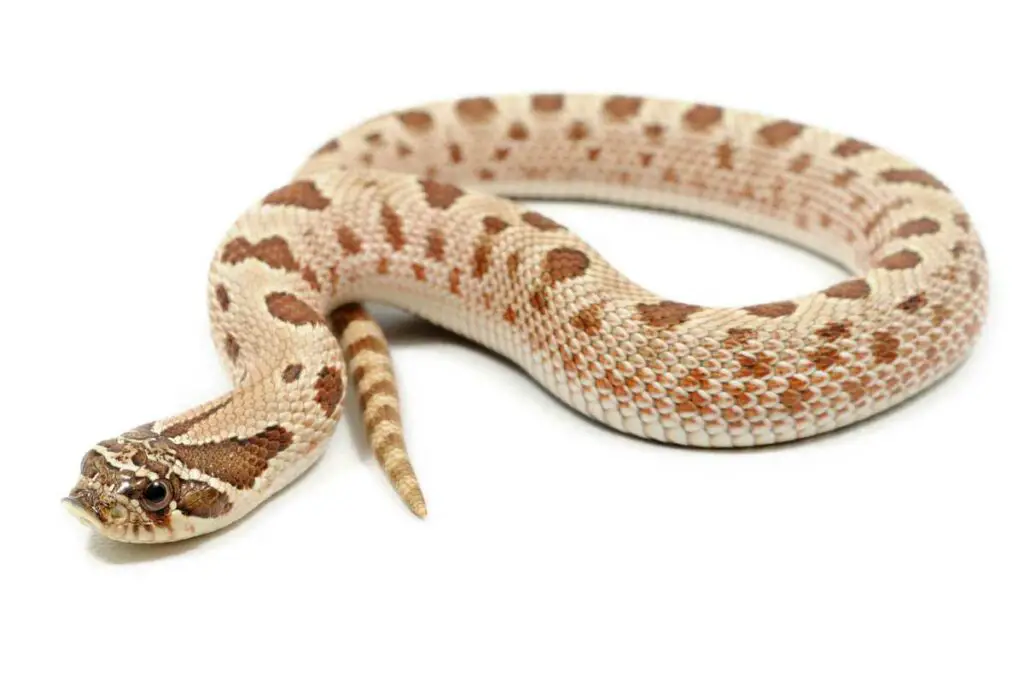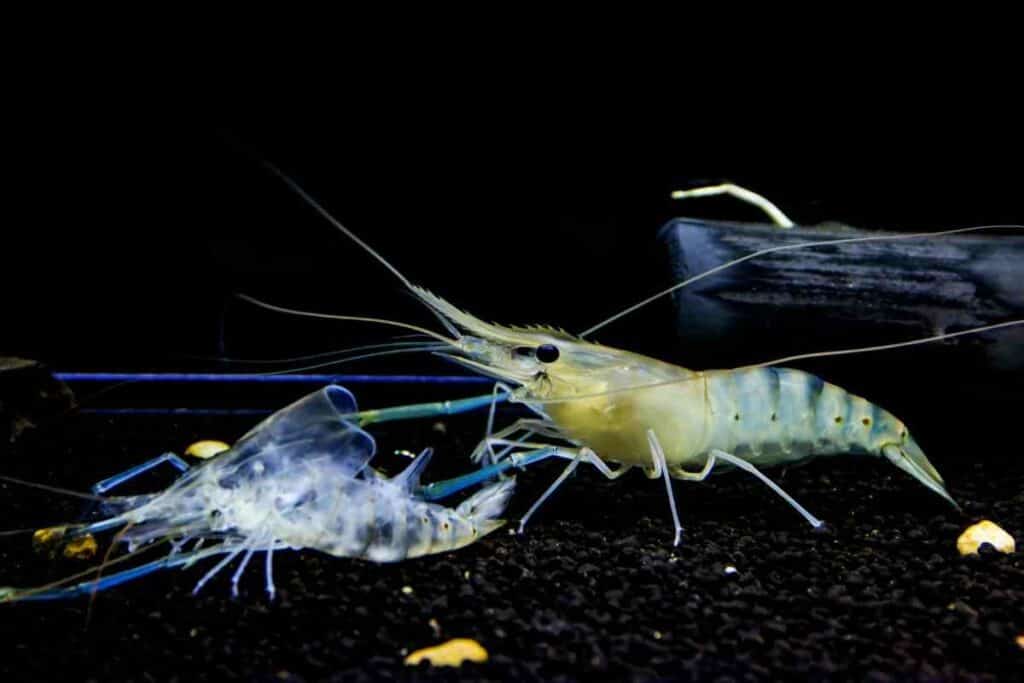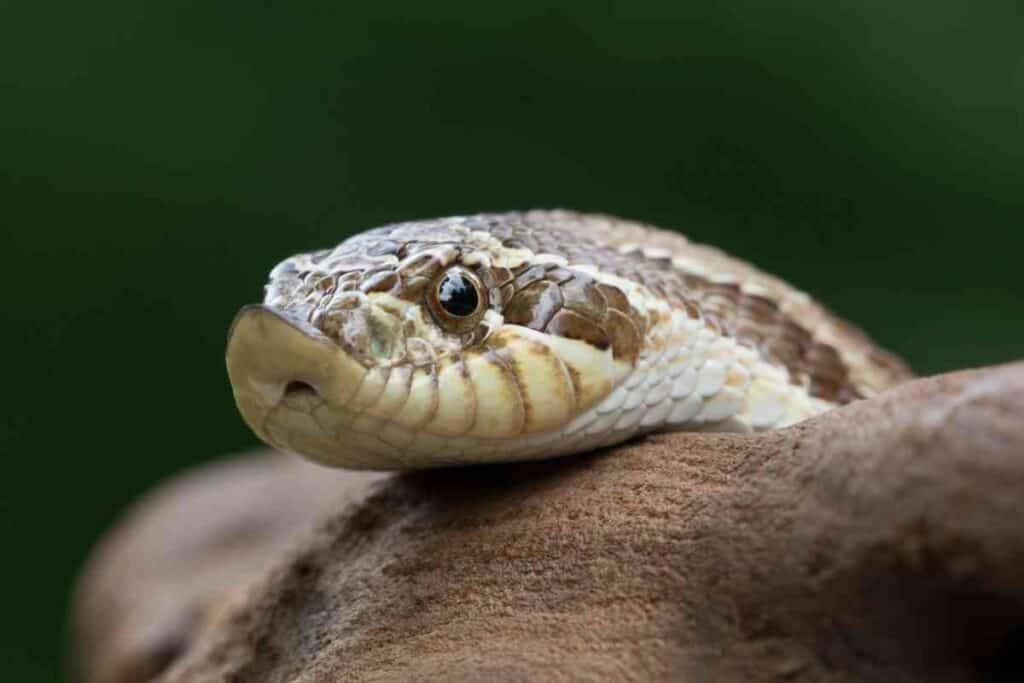The muskrat is easy to spot in North American wetlands with its scaly tail and webbed hind feet.
If you live near a pond or have a decorative water body in your garden, the chances are that muskrat is a regular visitor.
The muskrat digs sturdy burrows near shallow water bodies.
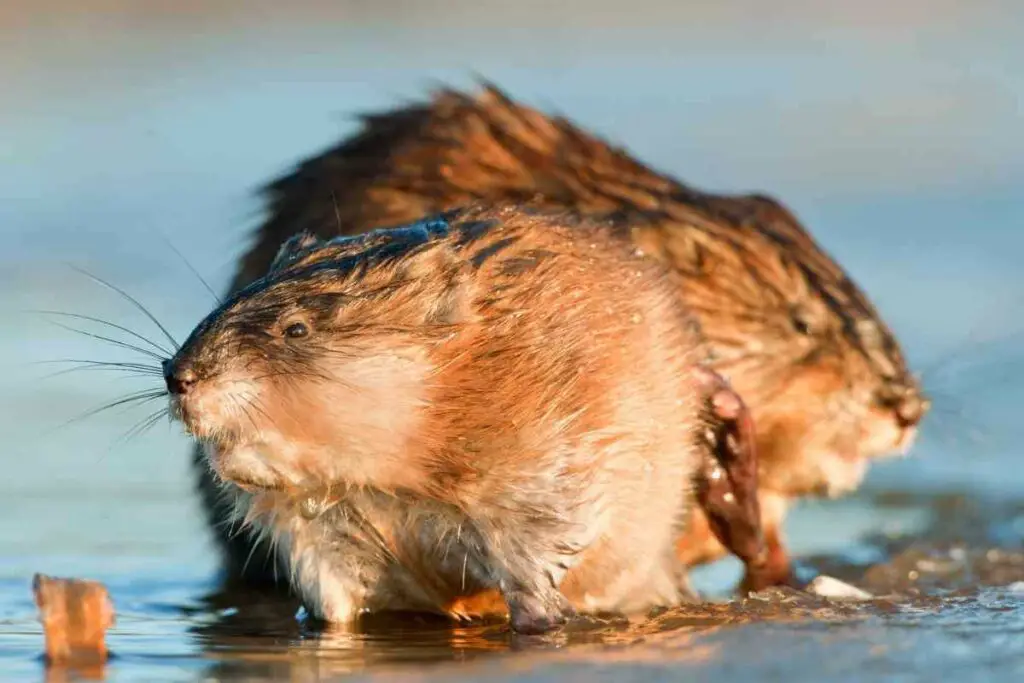
However, despite its invasive nature, the real question is: are muskrats dangerous?
Muskrats tend to run away when they come face to face with humans. However, they can become aggressive and bite if cornered or concerned for their safety. Therefore, pets and children playing outside can be victims of a muskrat bite if they do not know better than to leave it alone. The real danger with this semi-aquatic rodent is the spread of various diseases, including rabies.
Additionally, known avid diggers, muskrats can cause property damage while building a sturdy home for themselves, including water seepage and erosion.
Table of Contents
What Are The Dangers of Having Muskrats on Your Property?
Muskrats have a high breeding rate.
Despite the decline in its natural habitat in many places, the muskrat has adapted well to newly formed water bodies like canals and other irrigation channels.
Therefore, if you live near a shallow water body or have a pond, the muskrat would probably try to make its home near the bank.
The muskrat’s tunneling efforts can be a nuisance, but that is not the only reason why you should eject this semi-aquatic rodent from your property.
Muskrats Can Cause Property Damage
One of the main dangers of muskrats is property damage.
In an attempt to make their den, muskrats dig burrows which can cause seepage and erosion by weakening the water barriers.
Farm ponds and other irrigation water bodies are also threatened by muskrat tunneling as they can damage natural water retaining structures.
Moreover, decorative or natural water bodies are not the highlight for muskrats on various properties.
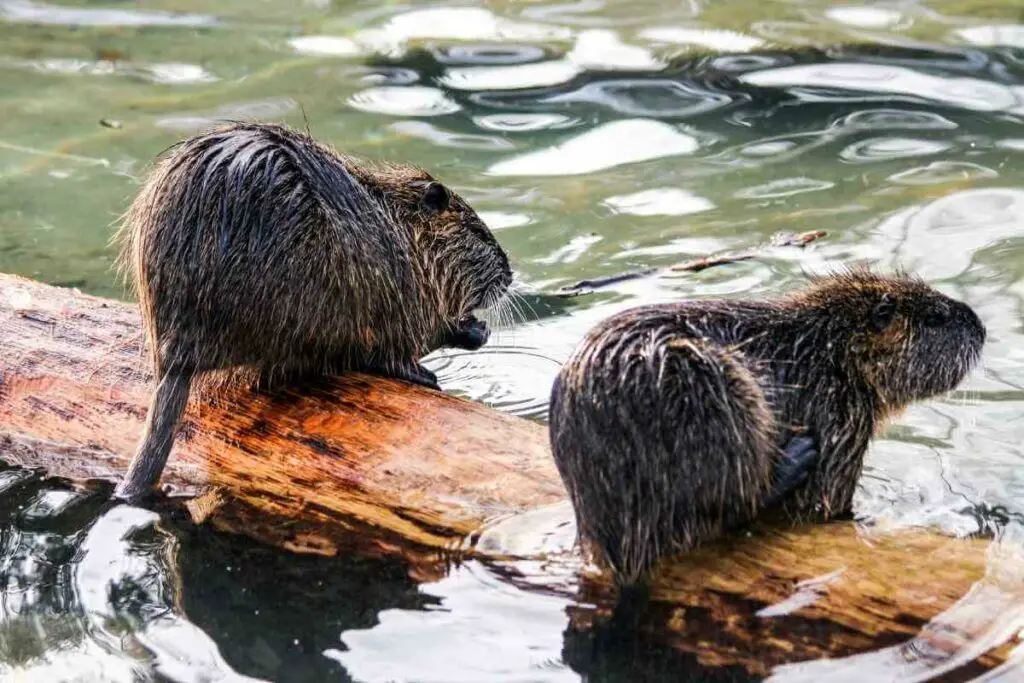
The reason muskrats resort to visiting urban neighborhoods is the increase in their number with depleting native habitat and food sources.
Muskrats are omnivores, which means that they survive on various vegetarian and non-vegetarian food sources.
While muskrats eat meat, they prefer plant matter – they are particularly fond of cattail.
Muskrats like to eat aquatic plants, but they would raid through your vegetable garden, feasting on various vegetable plants given a chance.
They can also survive on garden vegetation like bermudagrass. For the same reason, muskrats can be a nuisance on farms, ravaging crops and vegetation roots.
Therefore: It is not uncommon for muskrats to destroy water body barriers and vegetable gardens on your property, mainly if your pond hosts aquatic plants that muskrats enjoy eating.
Muskrats Carry Various Diseases
Another serious concern with muskrats is the various diseases they carry.
Even though muskrat is known to spread many infectious diseases, the most dangerous is the bacterial disease tularemia.
Antibiotics work well against tularemia, but it can be a life-threatening disease. Infected meat, contaminated water, and open wounds are the most common ways tularemia can spread.
Muskrats’ other diseases include leptospirosis, hemorrhagic disease, pseudotuberculosis, and ringworm disease.
Moreover, these semi-aquatic rodents also carry various parasites such as:
- roundworms
- tapeworms
- ticks
- flukes
- and mites
You may not associate rabies with muskrats; however, rare, they can spread it. Therefore, proper vaccination is a must if you have a pet dog and an invasive muskrat.
Muskrats Can Bite Children and Pets
Muskrats are generally non-confrontational and tend to run away when faced with humans or more giant animals.
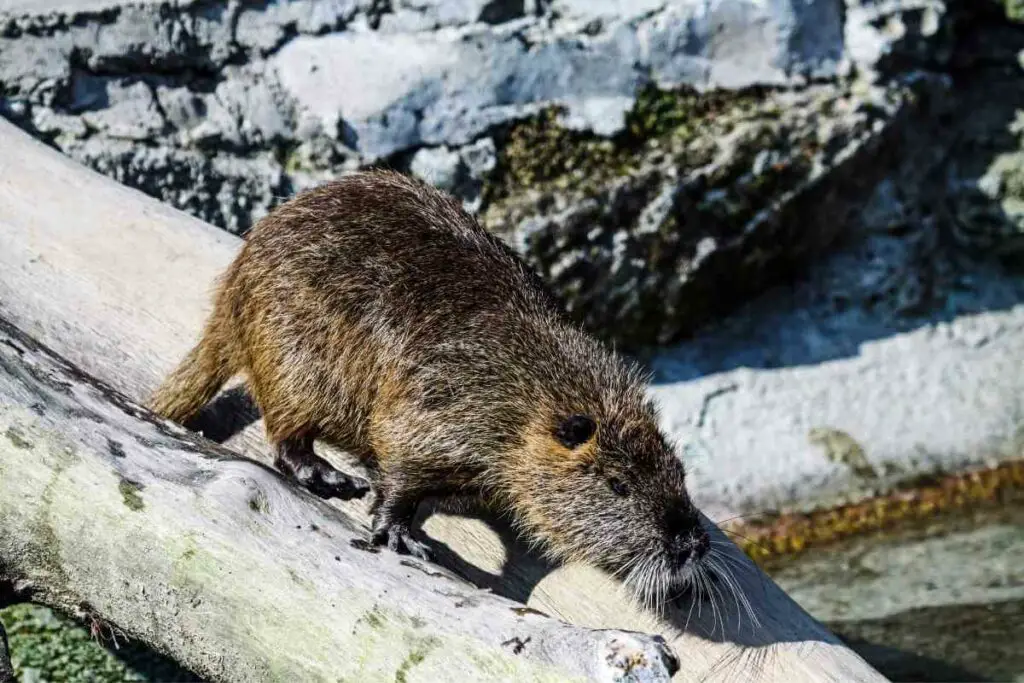
Most of the time, their aggression is geared towards other muskrats from other groups (and sometimes even their own family) over territorial fights.
However, if they feel threatened, they can bite. The muskrat bite can be very dangerous for children and pets if you keep in mind the kind of infectious diseases it carries.
How To Get Rid Of Muskrats?
If you have muskrats roaming about on your property, having concerns about property damage and the spread of diseases is natural.
However, there are several ways which you can deploy to rid your ponds and gardens of this pesky rodent.
Set Up Live Traps
Using traps is the most common way to catch muskrats and many other animals:
- Go for mechanical traps as they are feasible and can be reused.
- Use scratchy root vegetables and plants as bait to lure the muskrat inside.
- The traps can have a one-door or two-door system.
- Ensure safe bait placement so that the muskrat cannot take the bait and slip out easily.
- Place the trap where the muskrats often visit, like the burrow entrance or in place of their runs.
Install Pond and Pool Netting
For decorative ponds and other smaller water bodies, you can install netting with holes in them.
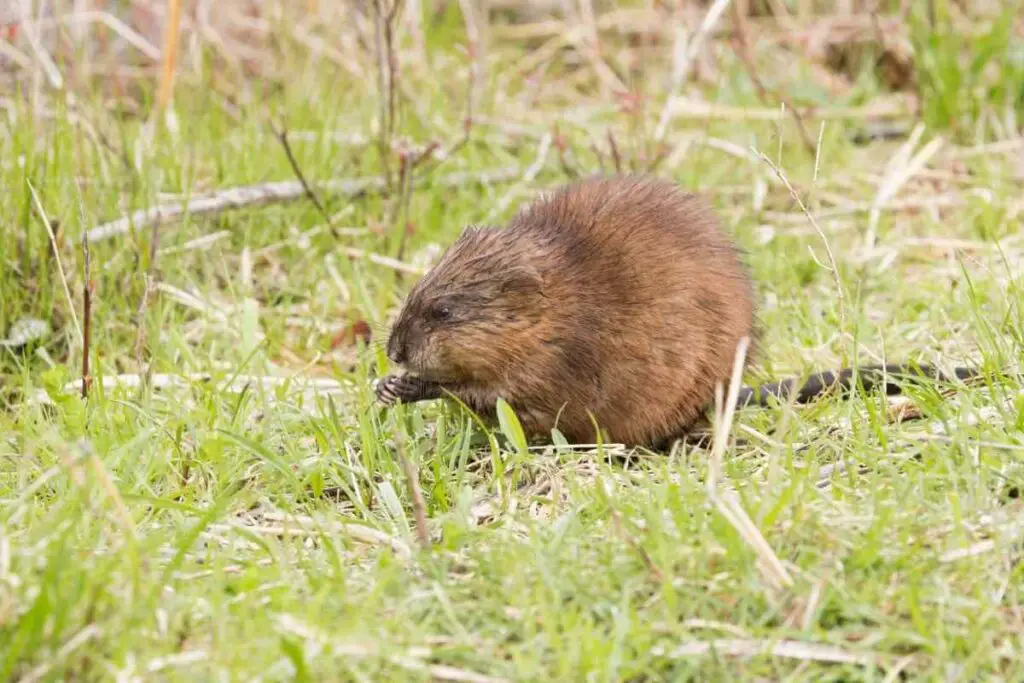
The cover will keep muskrats out; unless they go the extra mile of chewing through the net, the extra effort will likely drive them to another water source.
The holes keep the muskrats out but still allow smaller organisms access to your pond.
Moreover: The netting on water essentially disappears, so it will not impact how your pond looks.
Build a Fence
Another way to rid your ponds and gardens of muskrats is to go for perimeter fencing.
However, this method requires some effort since you will have to ensure the fence is at least 6 feet under the ground to prevent muskrats from digging tunnels underneath it to access your property.
Moreover, the fence should not have big gaps for a muskrat to squeeze through easily.
Although more extensive, a fence is an excellent way to keep the muskrats out as they aren’t excellent climbers.
Use Muskrat Repellents
You can also get over-the-counter repellents to keep the muskrats at bay.
Use the repellent on your vegetation and around small water bodies in your yard, and you should deter any invasive rodents that can otherwise cause destruction.
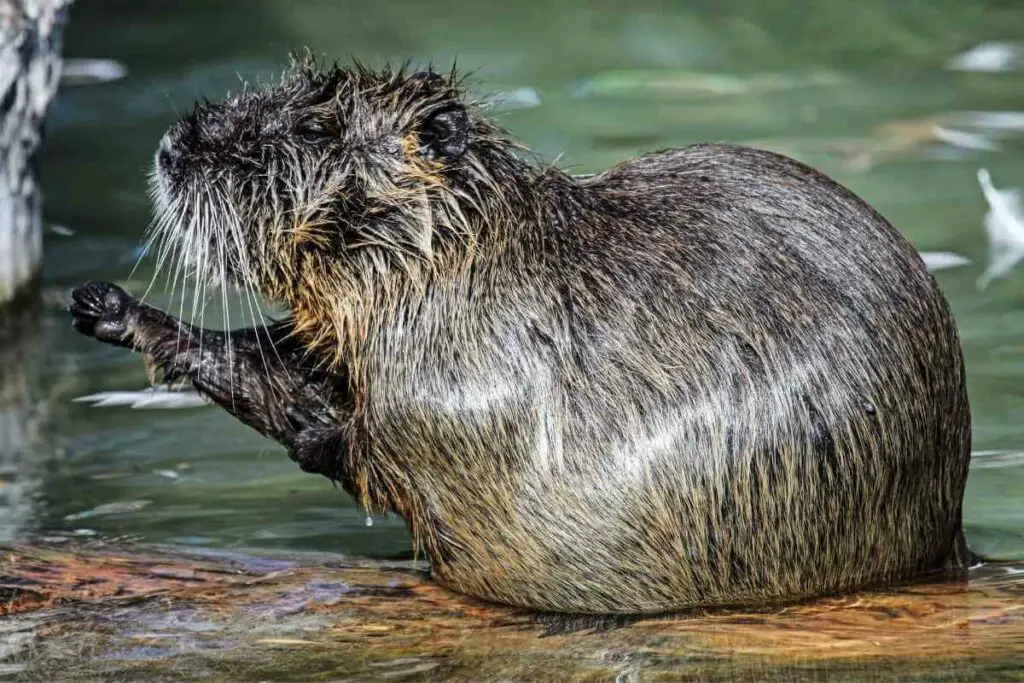
Ensure regular application as mentioned on the packaging and reapply after rainy days.
Contact Professional Pest Controllers
Perhaps the simplest of all the options to get rid of muskrats is to hire a professional service for it.
It is a pricier option, but it is mess-free and done by professionals who know what they’re doing.
All the other ways mentioned can be ineffective. However, calling pest control is a foolproof method to get rid of these small intruders.
Final Thoughts
Muskrats are generally solitary animals that tend to shy away from human contact.
However, they can bite when they feel threatened. For this reason, they can particularly be dangerous for pets and kids.
The real danger of muskrats is the infectious diseases they carry, including rabies.
Moreover, they can cause some severe destruction on your property, thanks to their burrowing prowess.

